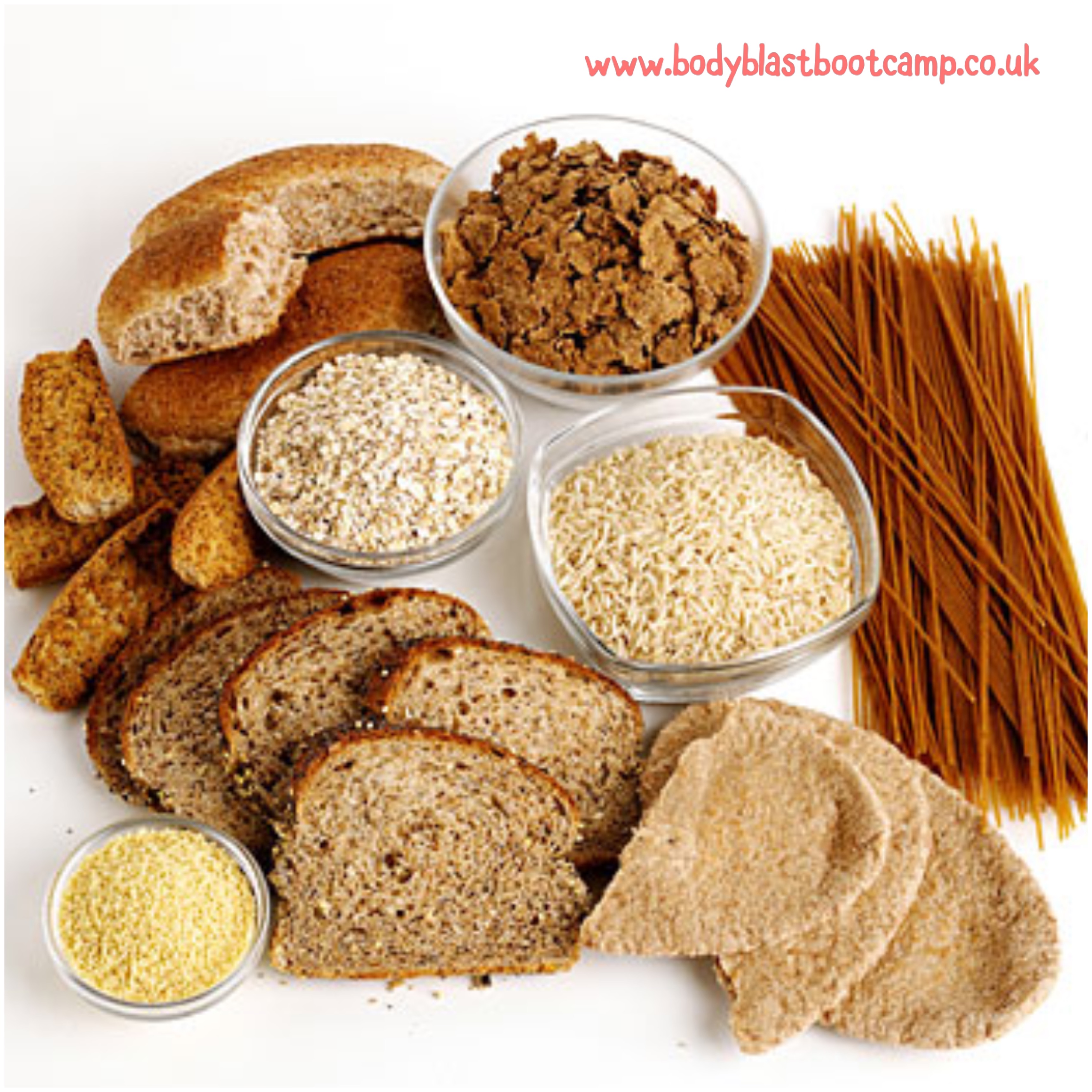Why do I need to carb-load?
Your body can only store enough glycogen (energy) to sustain 90 minutes of exercise. After this point, without sufficient extra fuelling you’re in danger of running out of energy and coming up against the dreaded “wall”.
Sports drinks and carb gels are great for topping up your energy levels during a long run or race, but increasing your carb intake 3-4 days before the race will help make sure you reach the start line with maximum energy available to run at your best.
Nowadays, the most common approach to carb-loading is simply to up the portion of carbs in your diet at least three days before race day. That way, your body still has time to store up plenty of energy but you avoid the detrimental effects of the glycogen depletion stage.
What should I eat and when?
In general, you need around 5-7g of carbohydrate per kilogram of body weight or 60 per cent of your daily calorie intake from carbohydrates. This usually works out at around 1,500kcal from carbohydrate per day for most women and 1,800kcal for men.
However, during the carb-loading period aim to up your carbohydrate intake to 8-10g per kilogram of body weight.
For example 70kg runner, that works out at between 560g and 700g per day. Each gram of carbohydrate equates to around four calories, so that’s up to 2,800kcal carbohydrates per day during the carb-loading phase (for a 70kg runner).
To reach your carbohydrate target, try to eat little and often rather than just super-sizing your usual meals. Eating five or six smaller meals is much more palatable than stuffing yourself only to feel queasy and lethargic. It’s also worth remembering that it isn’t necessary to radically increase your daily calorie intake as a whole – it’s simply about increasing the proportion of carbs on your plate.
Meals that are high in carbohydrate include:
- Wholegrain bread with peanut butter (Meridian)
- Large bowl of porridge
- wholemeal pasta with eggs, parmesan cheese and bacon
- Grilled chicken breast with a large serving of brown rice
- Sweet potato, Salomon, Broccoli and kale
For a quick way to top up your carb count, try one of these quick-and-easy snacks. Each is crammed with about 75g (300kcal) of carbohydrate:
- 1 large handful of raisins, dried apricots or other dried fruit
- 2 slices of bread thinly spread with honey and banana
- 5 rice cakes spread with Peanut Butter
Should I still eat protein?
Adding protein to your meals will give you an extra energy boost too. Protein slows the digestion of carbohydrates, lowering the GI (Glycaemic Index) of the meal and encouraging the body to release energy slowly and steadily rather than in a quick hit just what is needed for longer runners.
And finally…
Your body also stores around 3g of water for every gram of glycogen so during the carb-loading phase it’s not uncommon to gain extra weight (around 1-2kg). But don’t worry – this extra weight is primarily made up of the carbohydrate you’ll need to power you through your race, so you should use it all up as energy on race day!


Leave A Comment